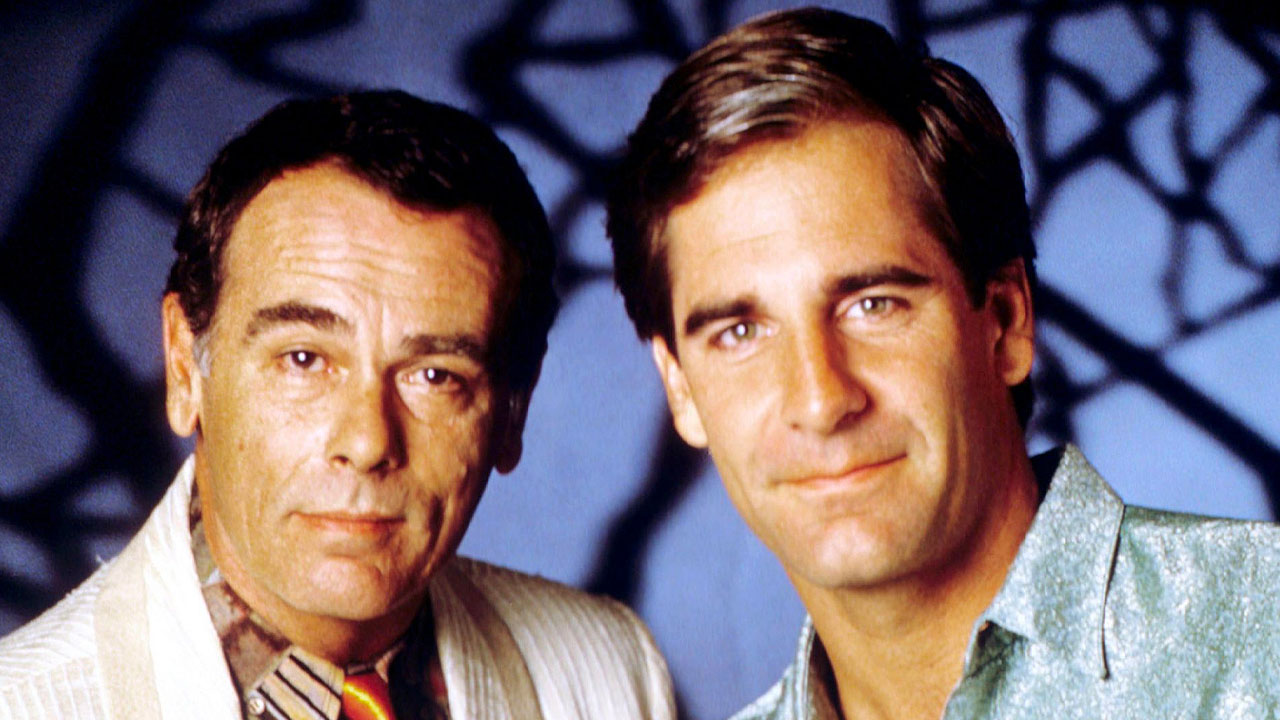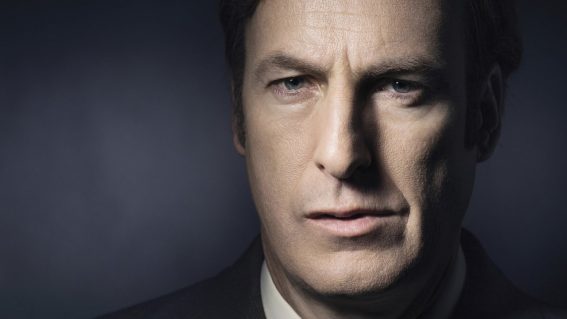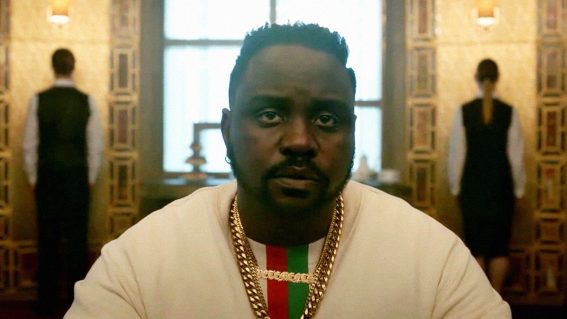TV finales that betrayed their fans (and why Dexter deserves his second chance)
Dexter: New Blood gets a chance to do what other shows with controversial endings would love.
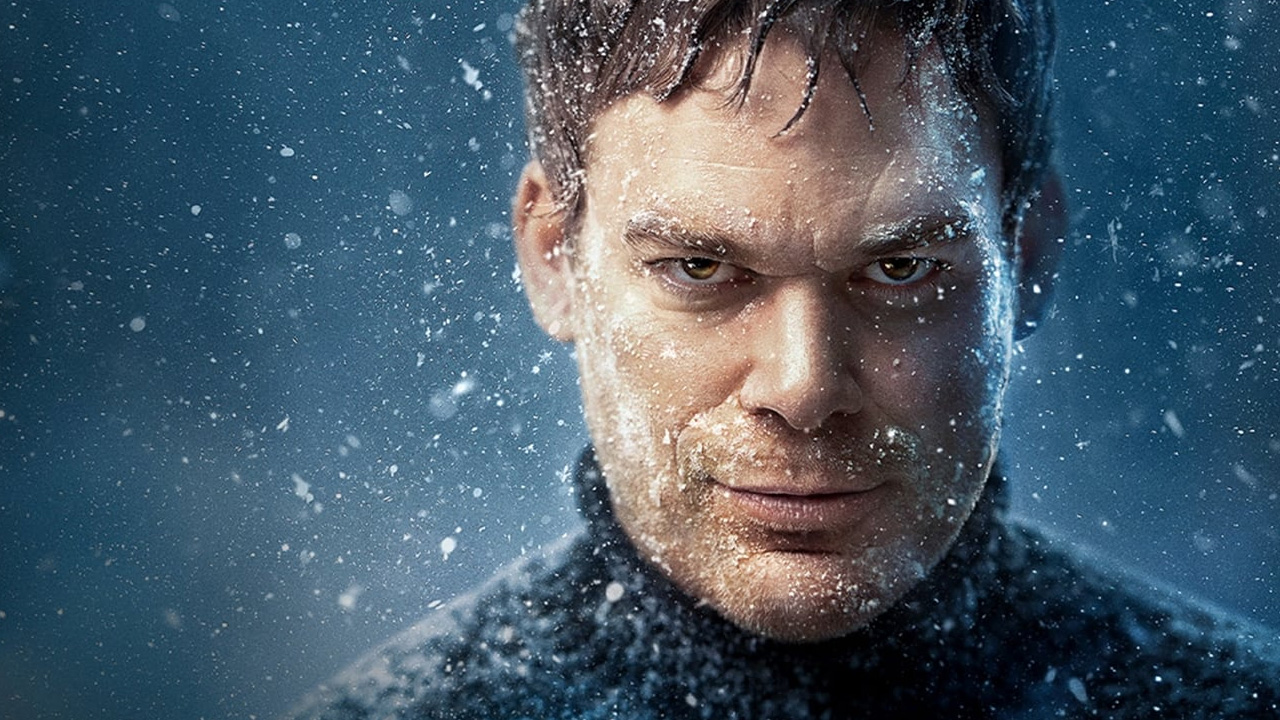
A serialised serial killer gets a shot at erasing the sins of the past in Dexter: New Blood – watch it on Neon from November 8th. It’s an unexpected new coda that other shows would’ve killed for, writes Steve Newall.
If life teaches us anything, it’s that endings are tough. So why should TV be any different? Show pilots, standard episodes and season cliffhangers all perform their designated roles in propelling a show along—if not forward, then at least maintaining the status quo.
But actual proper conclusive endings? They’re not built into TV shows’ DNA—more commonly they’re cancelled before realising their full potential, or lose key cast members and creatives before sputtering out. To attempt a genuine resolution that satisfies emotionally, narratively and culturally? That’s tough. So much so, you could almost forgive the following beloved, groundbreaking shows for disappointing as they leapt their final hurdle. Almost. (Obviously, there are about to be spoilers).
Quantum Leap
What a concept, what a cast, and what a show! For 97 episodes, Scott Bakula’s Sam Beckett found himself hurtling through spacetime and inhabiting the bodies of various people, correcting historical wrongs big and small as he hoped to find his way back home. The storytelling potential was massive, evocative of guardian angels as much as sci-fi, and leaving plenty of scope for romance, drama and action.
But finding his way home? Well, as the number of episodes suggests, this would prove elusive. That is until the last episode of Quantum Leap‘s fifth season. With the show’s future uncertain, series creator Donald P. Bellisario was tasked with writing a finale that could either serve as a bridge into season 6, or wrap the show up altogether. After all those episodes of leaping into other people’s bodies, Sam (and the audience) were surprised to find he had leapt into his own (albeit in 1953). Encountering a succession of familiar characters, Sam learns that he had the power to leap home all along (ok, that’s a little bit lame given everything that’s come before).
But does this happen? No! A final caption reveals that Sam never returned home, wrapping up Quantum Leap on an unfulfilled bum note. Lamest of all? The title card misspells the main character’s name as “Becket”… What a send-off.
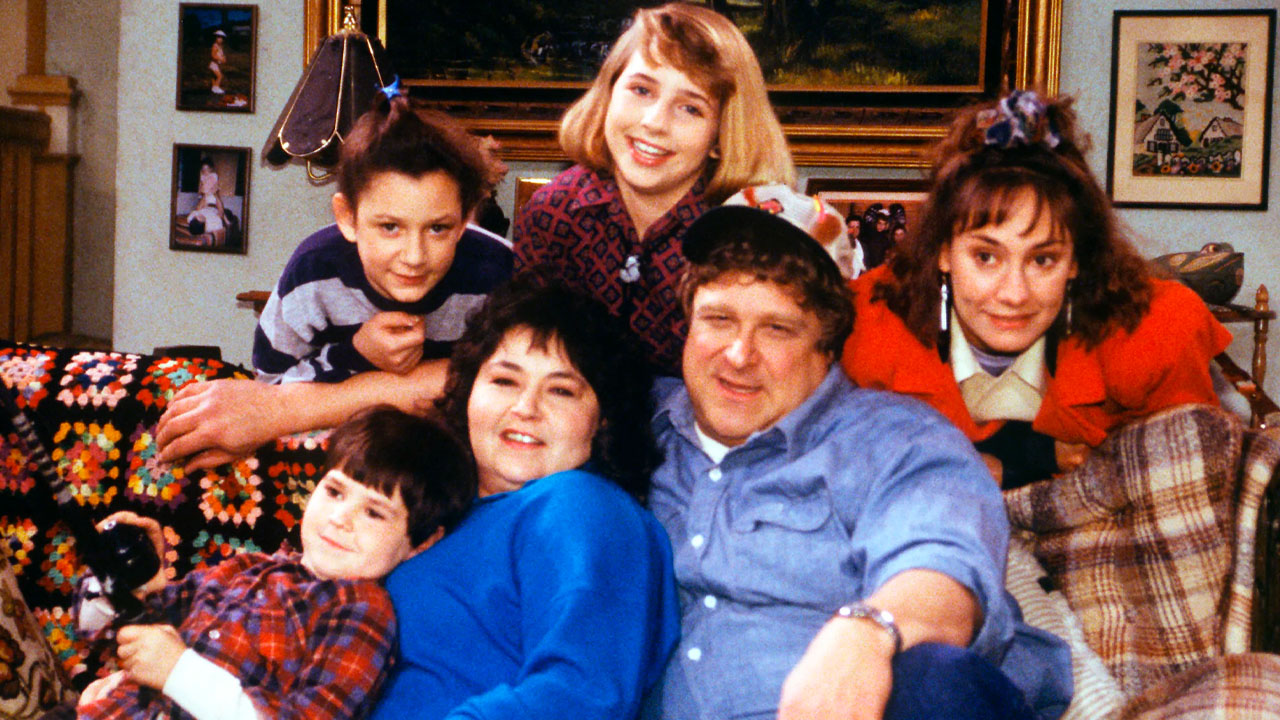
Roseanne
Named after its lead Roseanne Barr, this working-class family sitcom was perhaps the most ground-breakingly real comedy depiction of blue-collar life since All in the Family. Following the Conner family as they struggled to get by from 1988 through to the mid-90s, it was a period that also saw a growing lack of belief about the American Dream. Barr and her onscreen husband John Goodman didn’t have traditional TV physiques, they fought, their kids looked and behaved like normal kids, and they faced normal everyday problems. This reality—and the places Roseanne found humour among it—resonated with American audiences and beyond for nine seasons (yes, I am choosing to ignore the recent Barr-meltdown-canceling series revival).
The ninth—and originally final—season of Roseanne aired from 1996 to 1997 and as a whole was a bit of a departure from what had preceded it. The everyday struggle element of the series took a back seat, John Goodman was absent from a lot of it while he filmed The Big Lebowski, and the Conners’ working-class lifestyle was upended when they won $108 million in a state lottery.
But boy, was there a surprise in store in the supposedly final episode of Roseanne. The events of the season were revealed to be a fictional story written by Roseanne Conner. In reality her husband Dan had died after a heart attack he’d been seen to recover from in season eight. There was no lottery win, and a number of other details had been changed as Roseanne recounted them, rewritten so as to cope with the most difficult elements of her life. Basically, a 180 from the real people doing real things premise that had made the show such a success.
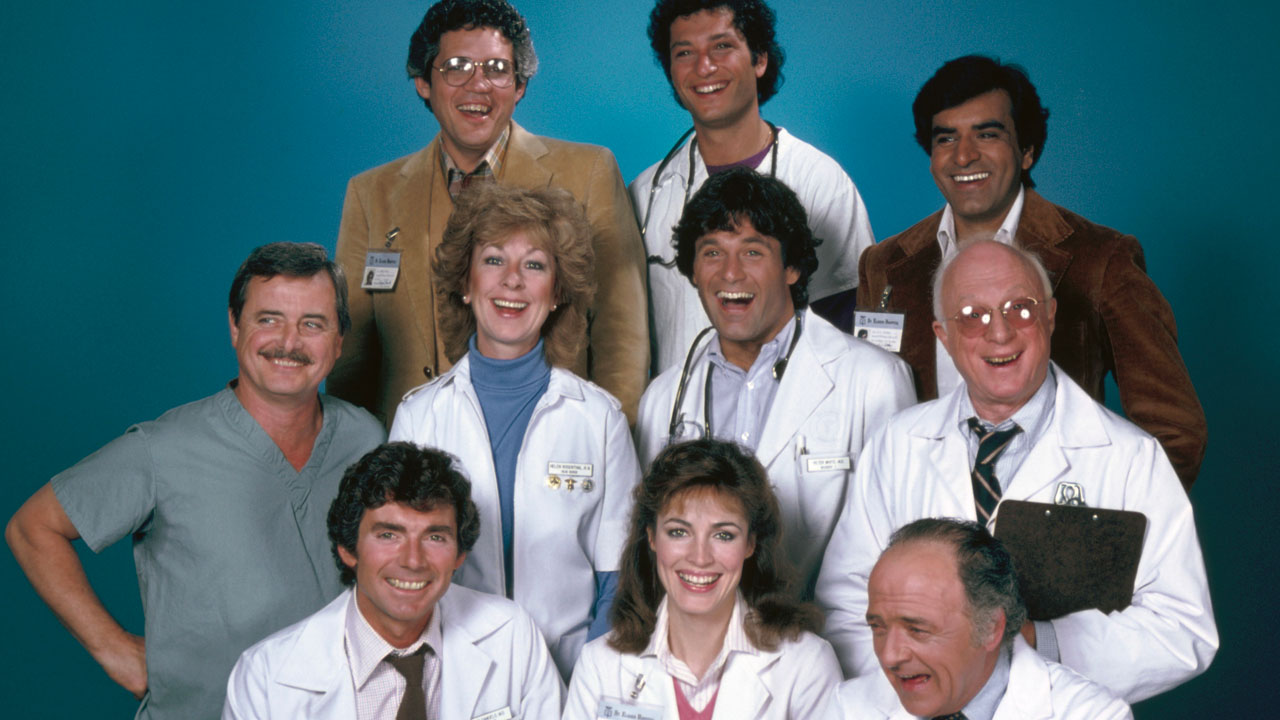
St. Elsewhere
If that Roseanne ending reminds you of anything, it’s likely to be the way St. Elsewhere wrapped up. The gritty medical drama spend six seasons from 1982 onwards telling stories inside St. Eligius Hospital, nicknamed St Elsewhere by Boston media for being second-rate: “a dumping ground, a place you wouldn’t want to send your mother-in-law”. Realistic in style, but laced with humour, the show explored serious medical topics like breast cancer, AIDS, and addiction alongside the more soapy aspects of its characters’ personal and professional lives.
And then—one of TV’s all-time WTF curveballs. After plenty of normal stuff happened in the episode, wrapping up narratives and character arcs, came one doozy of a final scene. Dr Westphall and his son Tommy (a child with autism) are watching snow falling outside the hospital window before the perspective changes to show Tommy inside an apartment playing with a snow globe seen to hold a replica of St. Eligius.
In other words, the whole series is intimated to be imaginary. Audacious and memorable, yes. Honouring its characters and the life or death stakes of their work? Not really. Although it has led to the Tommy Westphall Universe Hypothesis, postulating that numerous other shows take place in this universe through crossovers with St. Elsewhere.
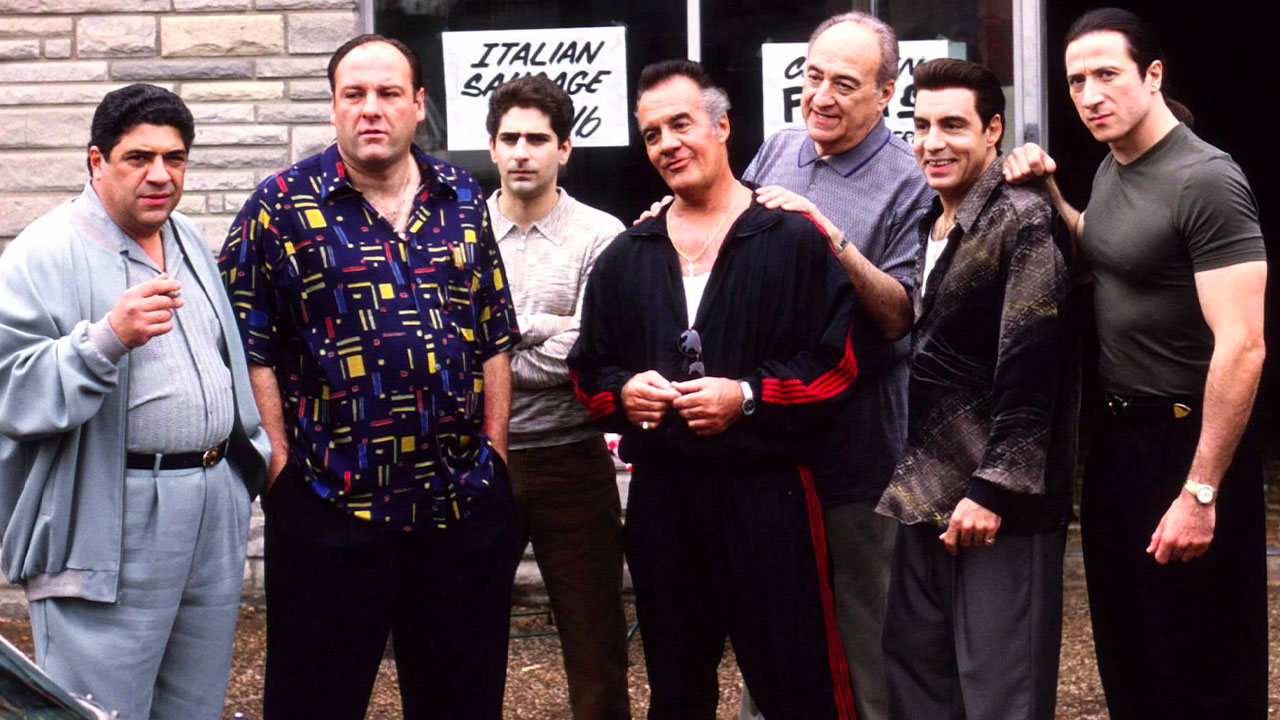
The Sopranos
Do I need to say anything about The Sopranos, really? THE definitive millenium-era mob tale, it ushered the genre into the modern era and helped to cement HBO’s status as the home of the best, increasingly sophisticated original storytelling.
And then the final moments of the final episode came along. I remember being in my friends’ New York apartment when it aired, and (not being as up to date with the show as Americans), I sat out the finale—only to hear our pals’ panic as they thought their cable had cut out when the final scene infamously cut to black, the show’s resolution left maddeningly unclear.
New York newspapers the next day couldn’t handle it—the confounding ending was front-page news—and series mastermind David Chase found himself as confused by the response as mainstream viewers were by his creative choice. Over time, it feels in keeping with Chase’s ambition (and it brought the greatness of Journey back into the culture), but the day after, boy, people were pissed.

Lost
You must have known this one was coming—a show that spawned online obsession the world over, hunting for clues and buying into a broad mythology that keen fans expanded beyond the early breadcrumbs laid by its creators. Yes, where the modern era has QAnon, the 00s had Lost. (Let me be clear, this is a joke). Lost‘s obsession with new mysteries and deferring explanations didn’t stop it from being compulsive viewing, but it did paint its writers into one hell of a corner, one that could never live up to what had preceded it.
Fellow Lost fans had thrown a viewing party. Excitement was immense as we drank Dharma Initiative-branded beers and scoffed Dharma Initiative-branded snacks. Before we knew it, the finale was all over, and the room was silent—not in a good way. One character has removed a stone cork from a glowing pool; another has replaced it; all the characters have reunited in a church, bathed in light by Christian Shepherd(!); Jack’s eye closes in the same place it opened in the pilot. (I can’t believe I am typing this). Did anyone like this?
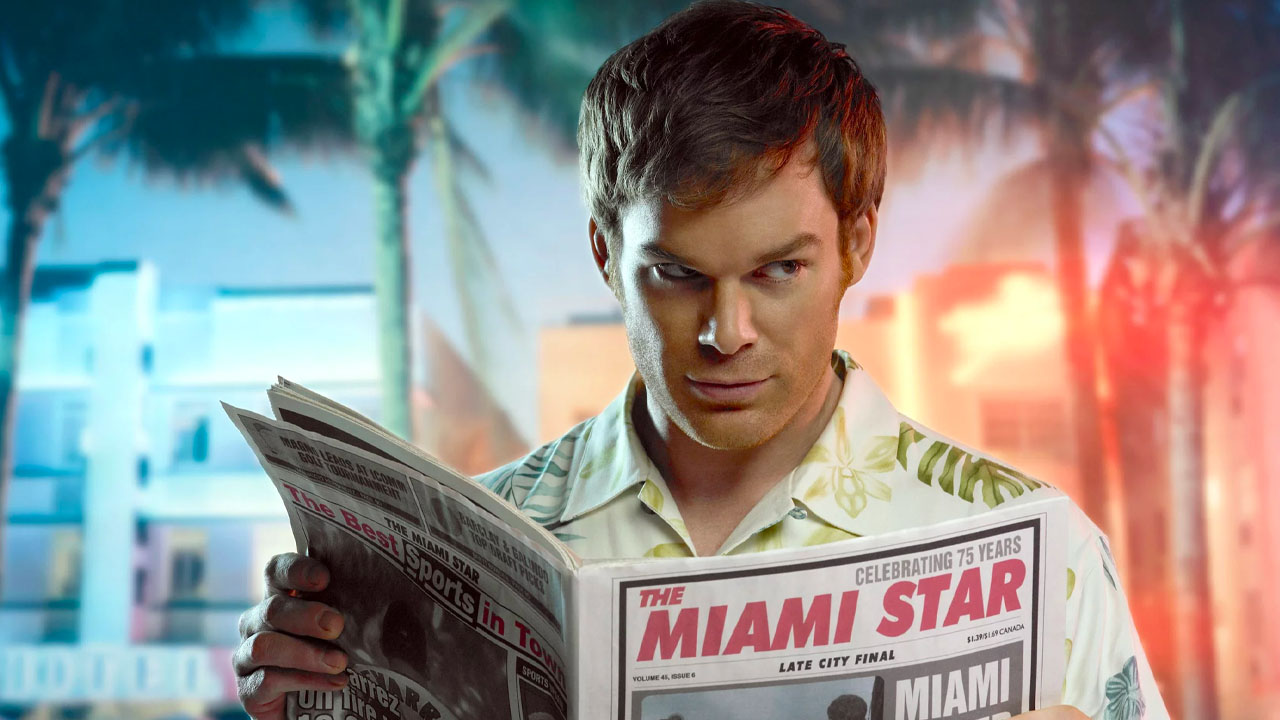
Dexter
Michael C. Hall brought an intriguing sociopath to life in the form of Dexter Morgan. Dexter’s adoptive father (James Remar) had spent his life building a framework to channel Dexter’s murderous tendencies, a backstory that plays out in Dexter’s adulthood as a double life. By vocation he is a (admittedly quite strange) police forensics expert working on crime scenes; his deeper passions are channeled into vigilante killings that allow him to act out his elaborate and grotesque fantasies. For the first few seasons, this was a winning formula, but one that lost its shine after the departure of John Lithgow’s fellow serial killer in season four.
By the time the final, eighth season rolled around, Dexter was well and truly out of gas. The strain of consecutive seasons of storytelling was starting to show, with antagonists and narratives paling in comparison to the show’s early years. With only so many implausible twists and turns that could be sustained, it seemed appropriate to wrap the show up. But not like this: Dexter drives his boat into a hurricane, apparently killing himself… until it is revealed in a post-credit sequence that this was to fake his death so he could become… a lumberjack.
It’s one of the more derided finales in TV history, and eight years after it aired, may linger more in the memory than much of the show. That’s what happens with a bad ending, it can colour everything that came before. So news of a Dexter revival as 10-episode series Dexter: New Blood was a welcome development when we learned of it last year.
As well as the return of Michael C. Hall in the title role, Dexter: New Blood also marks the return of original showrunner Clyde Phillips, who (coinciding with the show’s decline) left Dexter after season four. Both seem very aware of the finale’s mixed legacy, and the opportunity to wrap things up in proper fashion this time around. “I think the ending was ‘mystifying’ at best to people. ‘Confounding,’ ‘exasperating,’ ‘frustrating’—on down the line of negative adjectives.” said Hall at San Diego Comic-Con earlier this year.
On Phillips’ part, he promised Comic-Con: “The ending of this one will be stunning, shocking, surprising, unexpected. And without jinxing anything, I will say that the ending of this new season that we’re doing will blow up the internet.”
This remains to be seen (personally, I quite like having the internet), but the chance to revisit a lacklustre ending is indeed alluring, and the promise of a limited 10-episode tale eight years on, set in a snowy small town in New York State? That’s a fresh start so many shows would be rightly grateful for.






